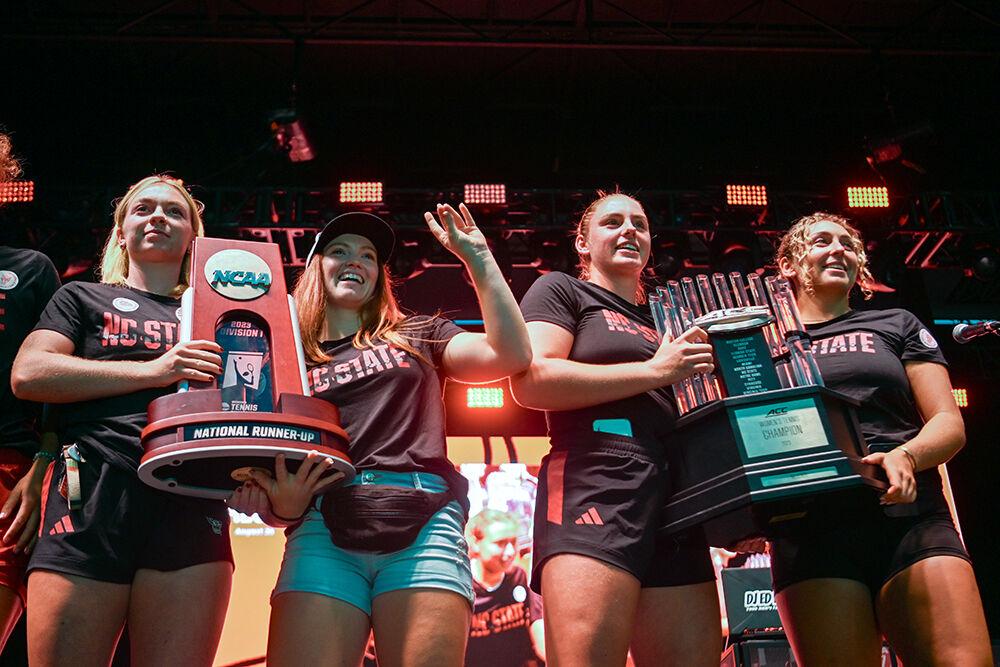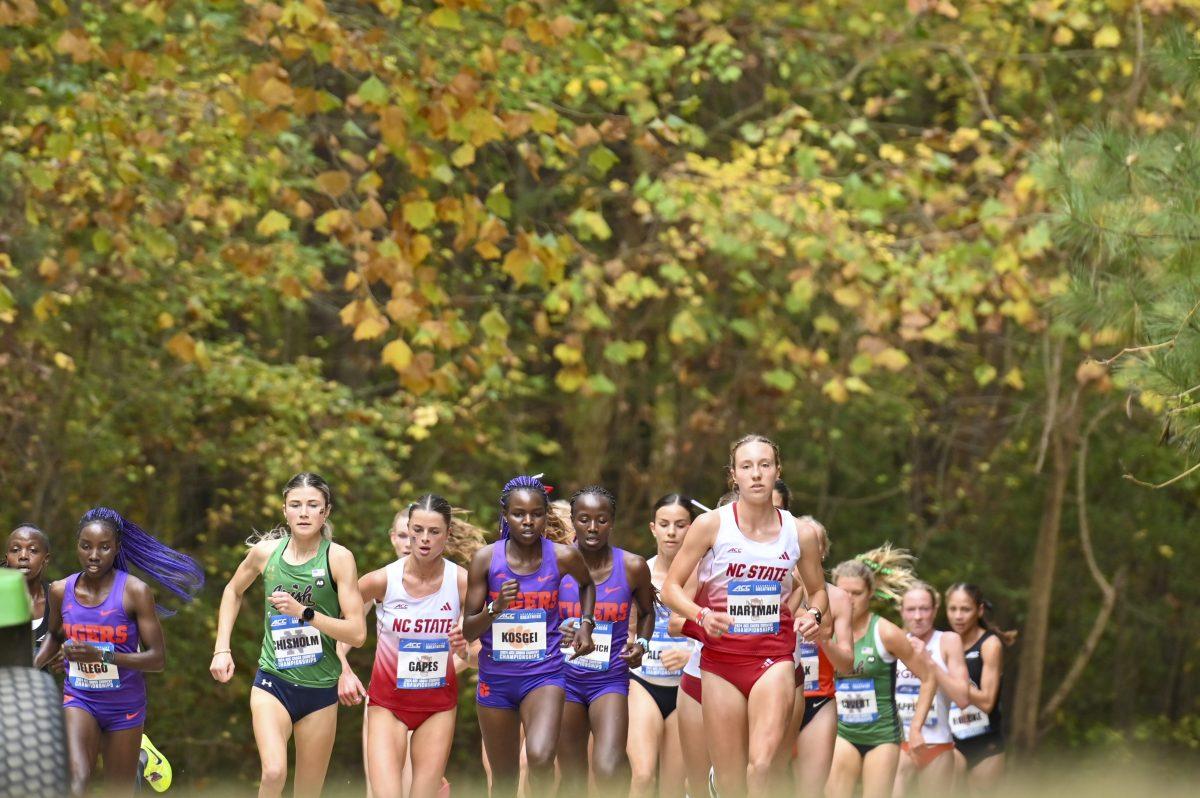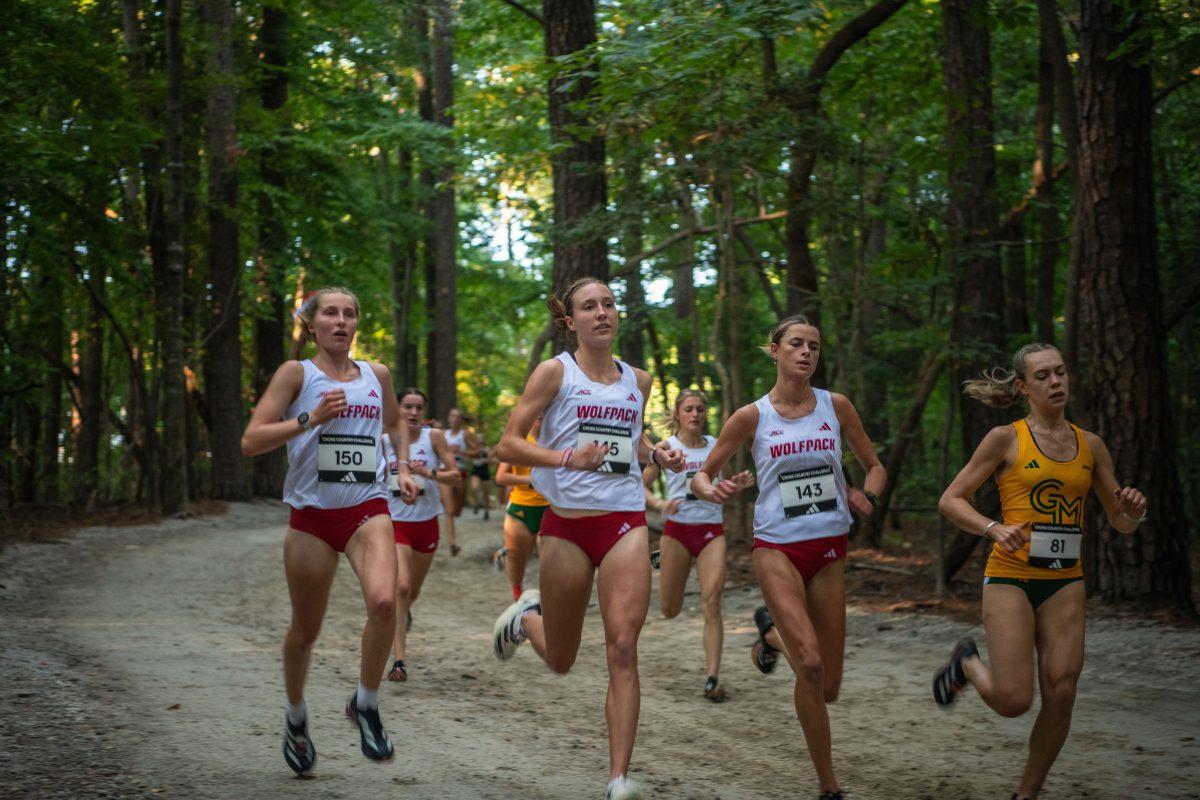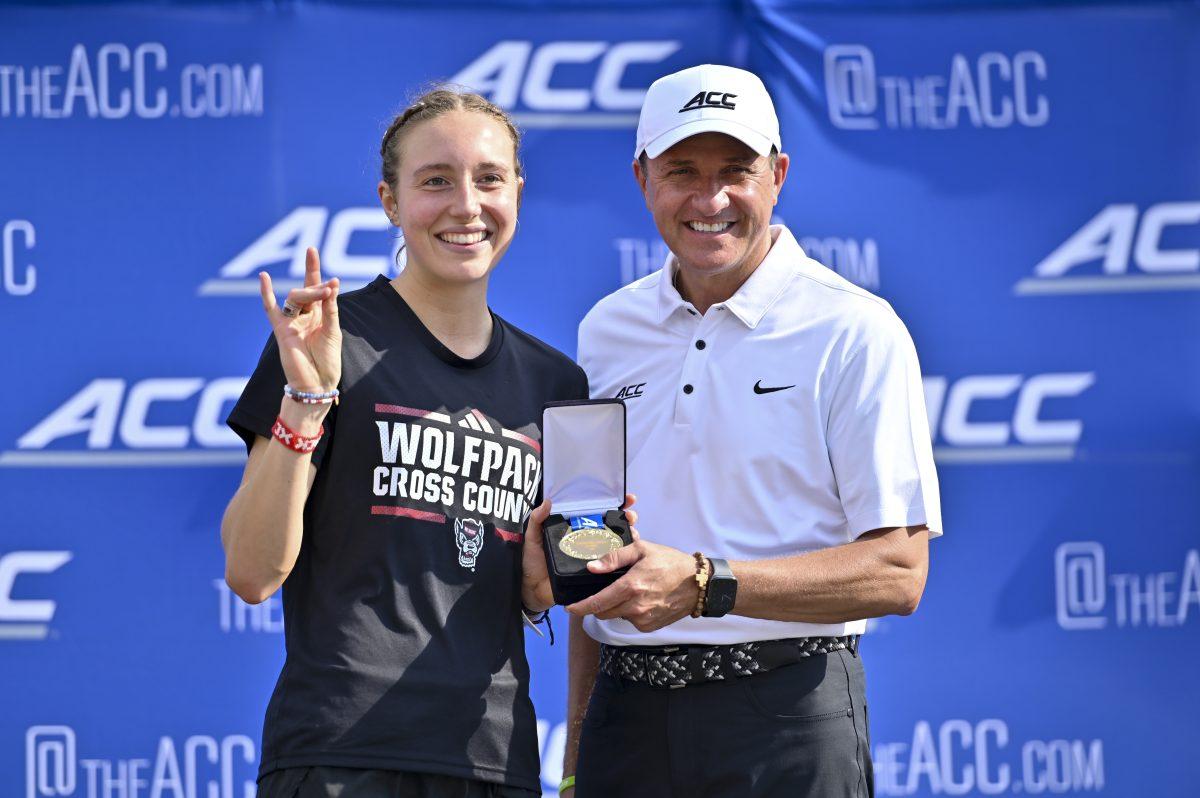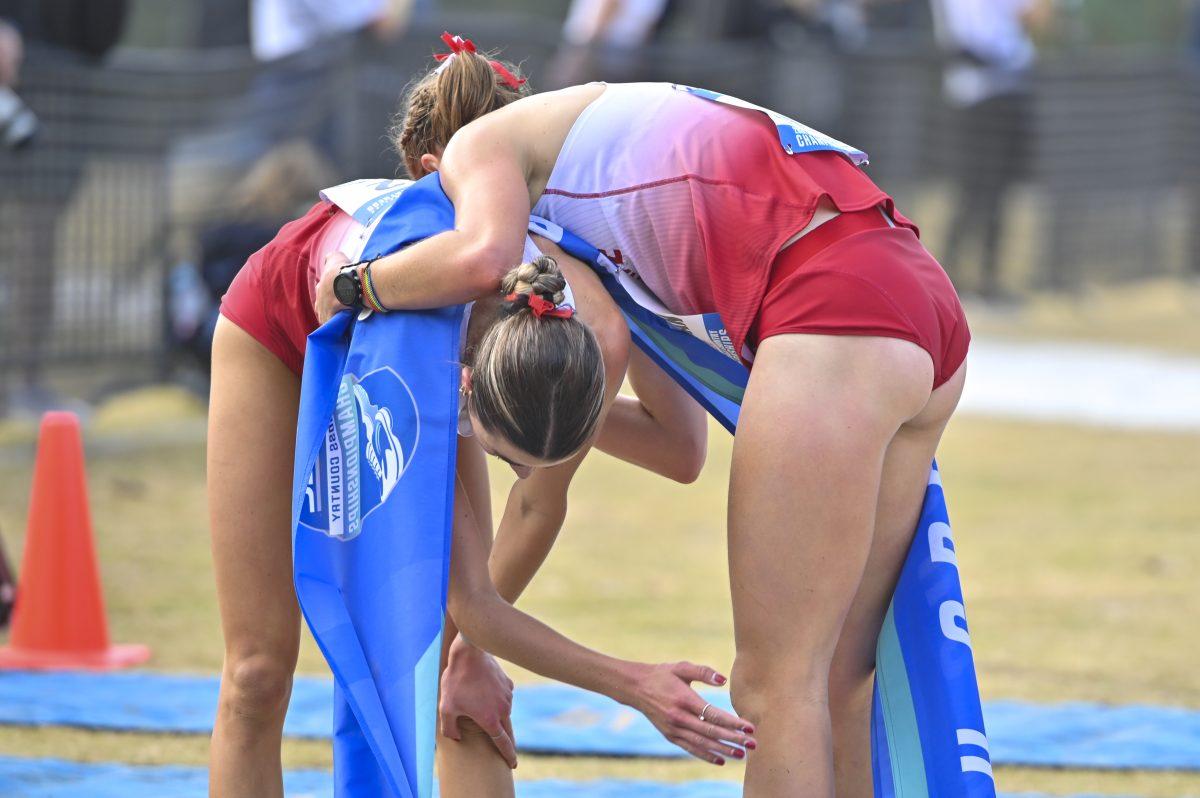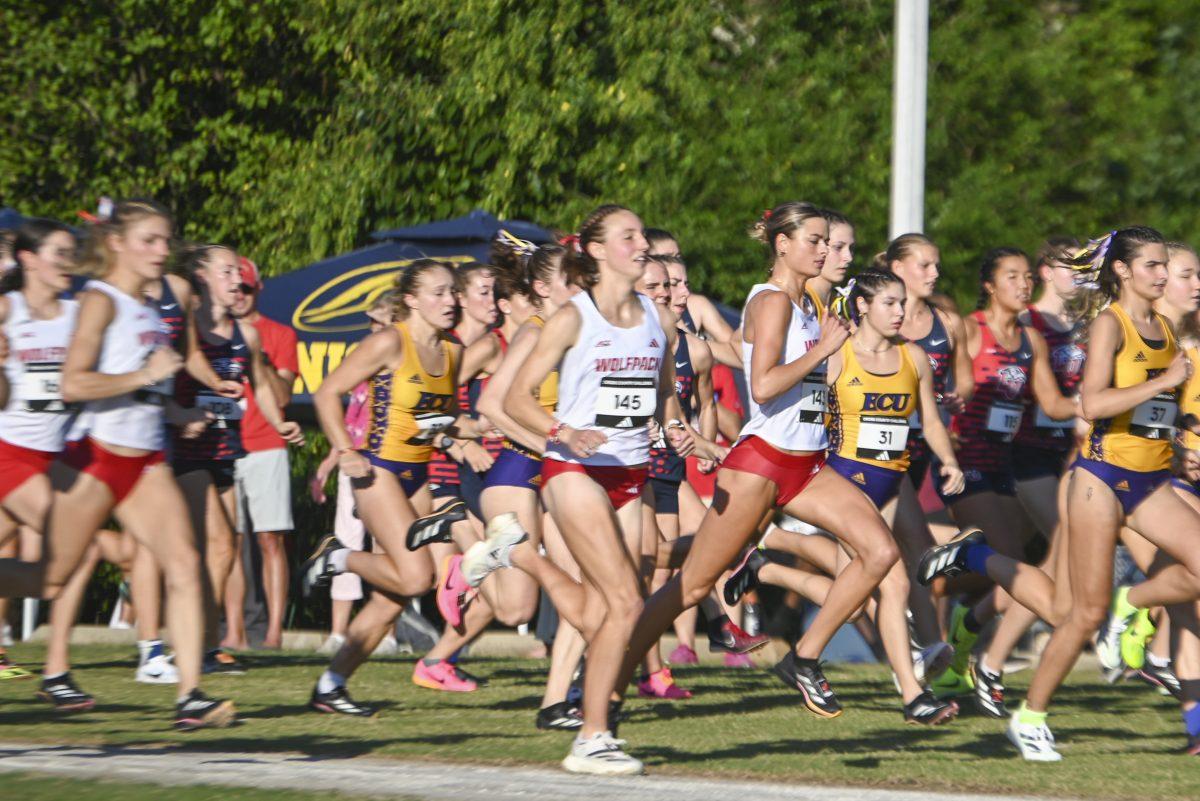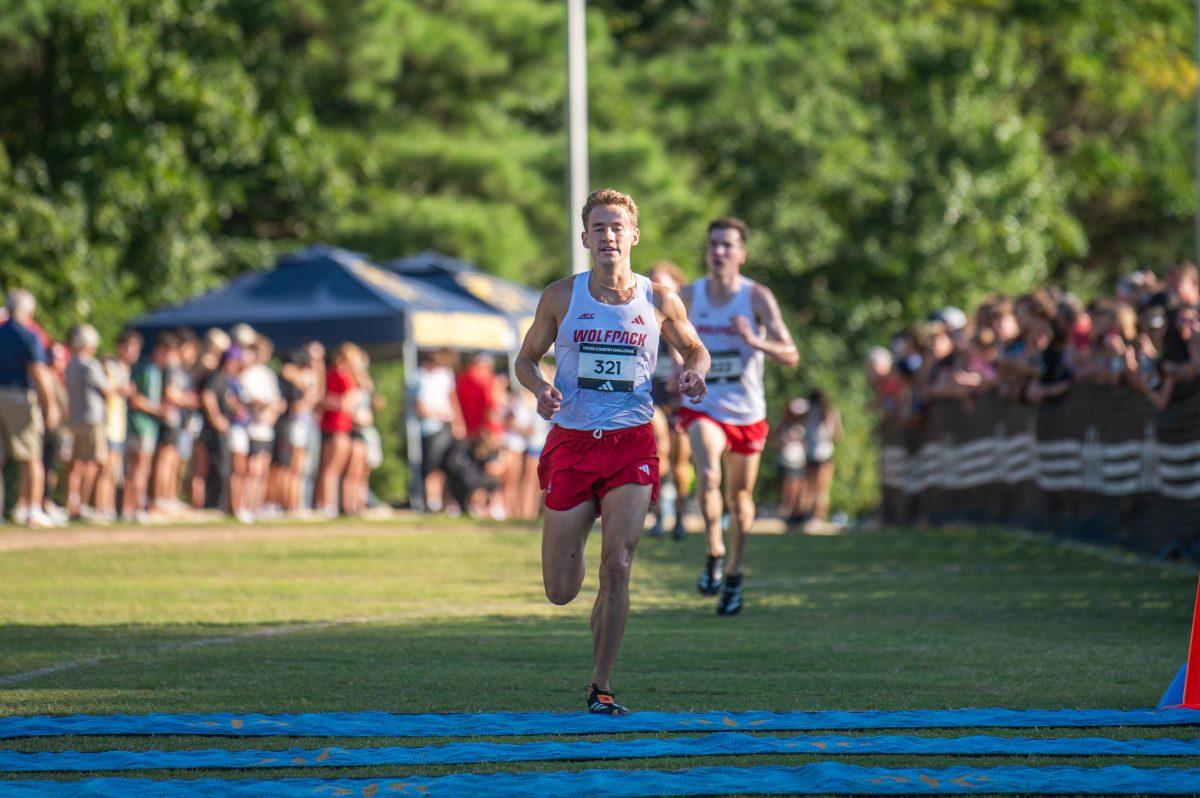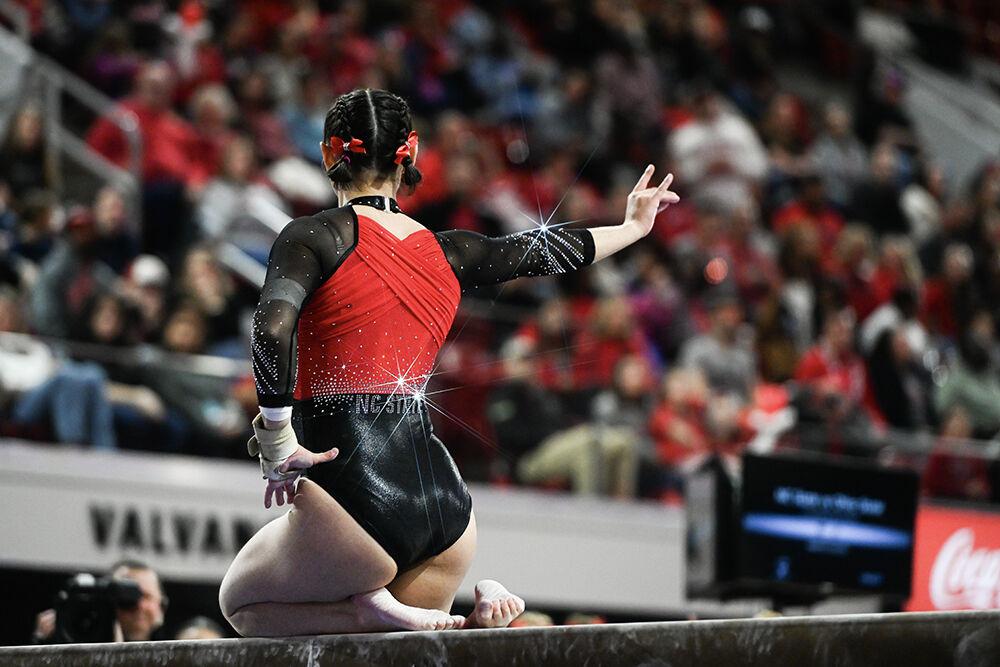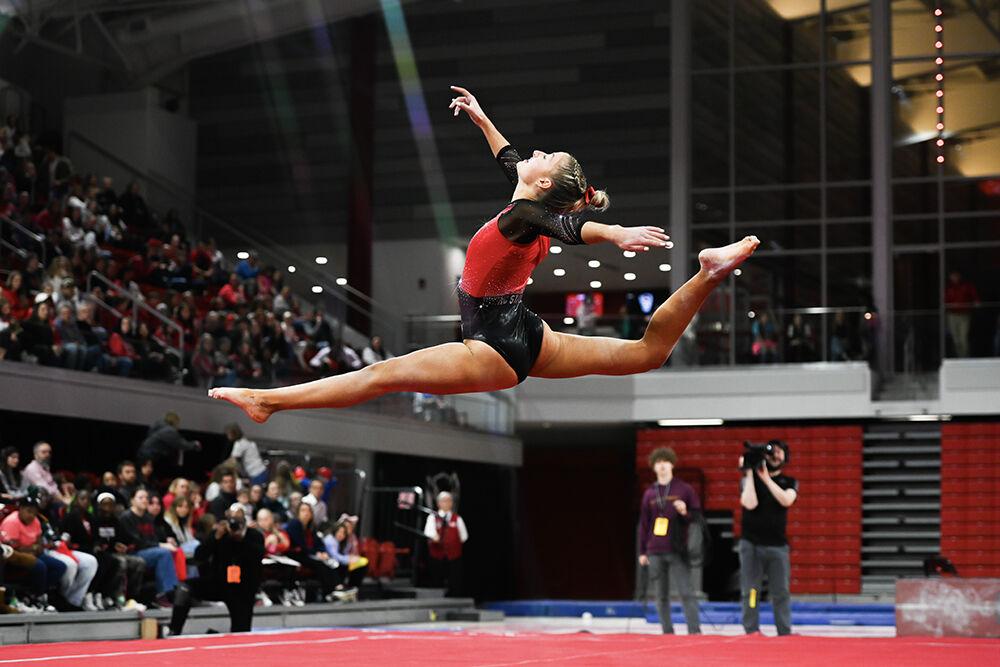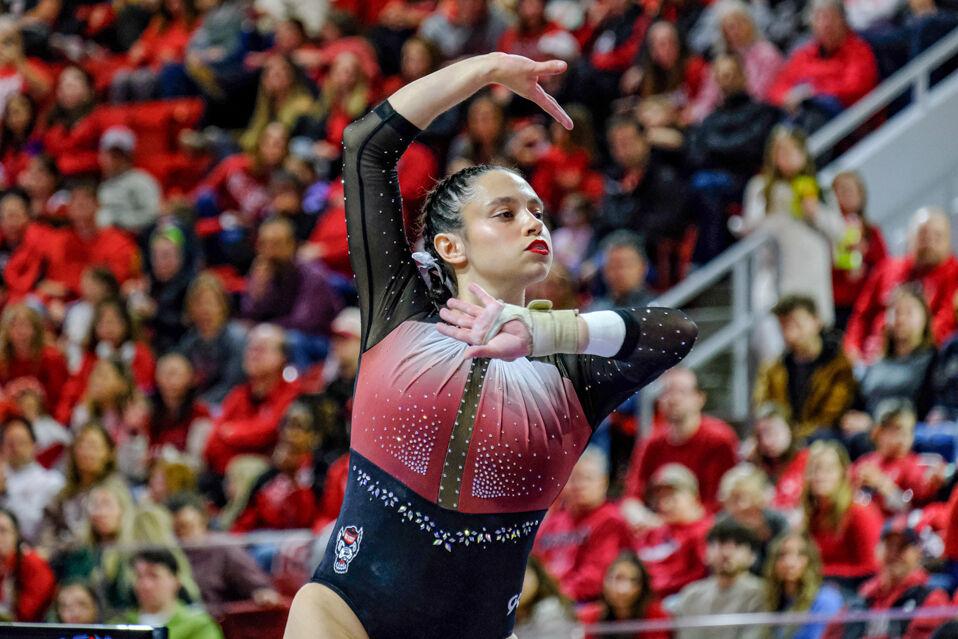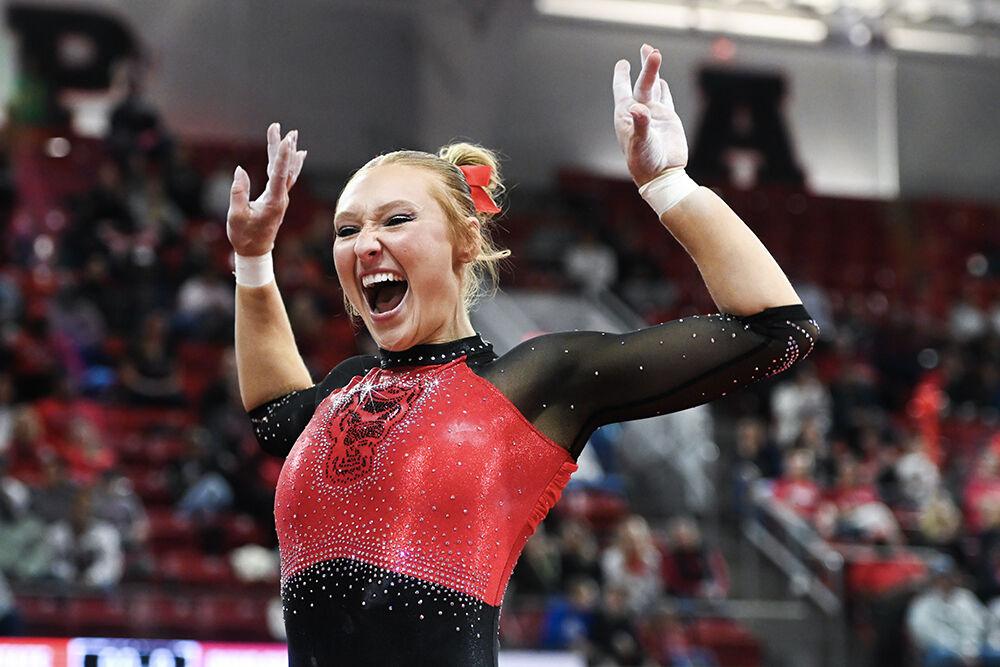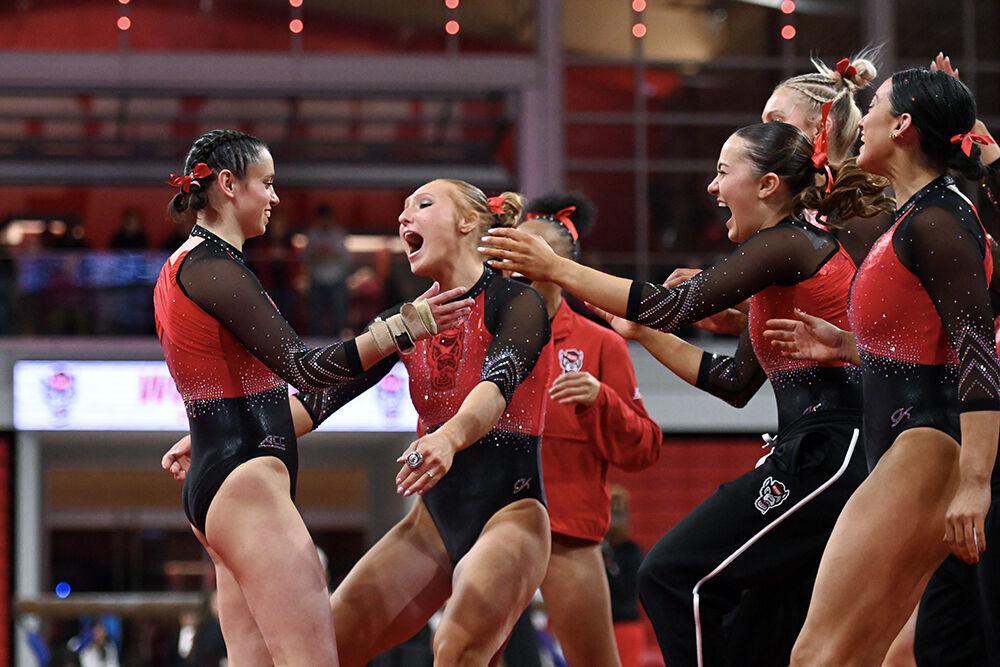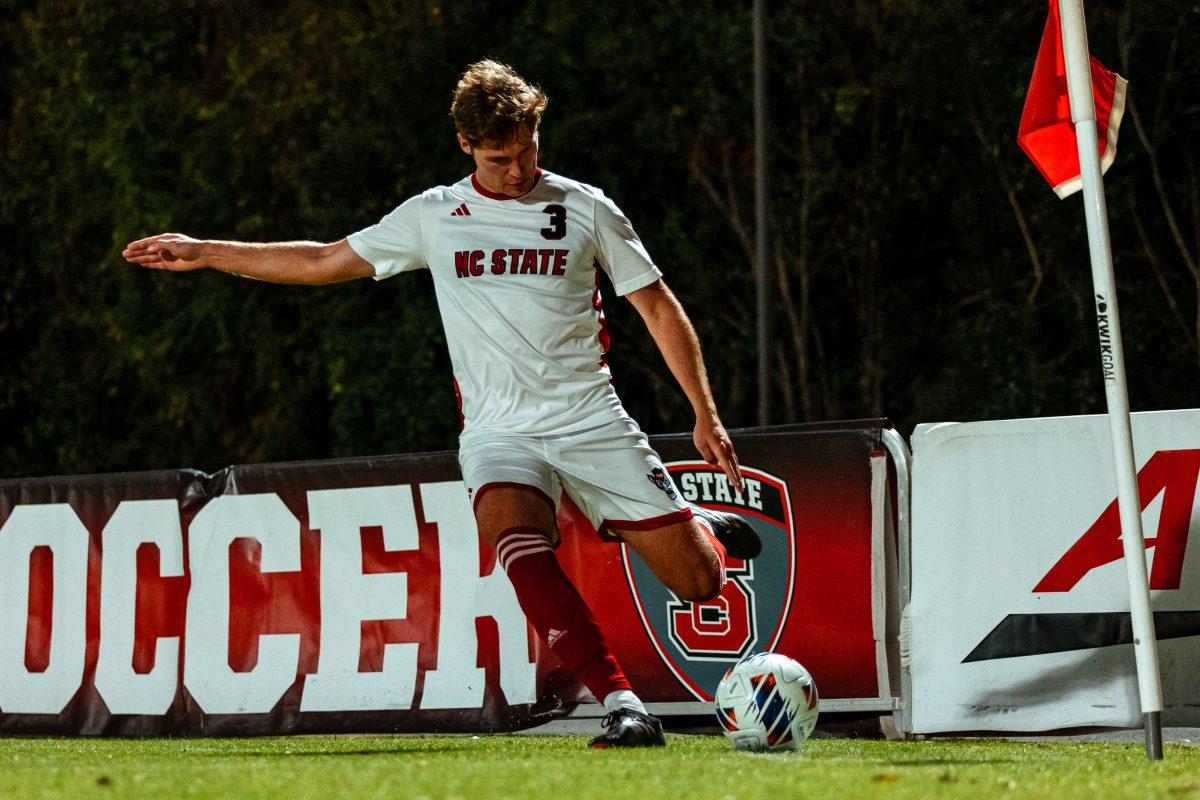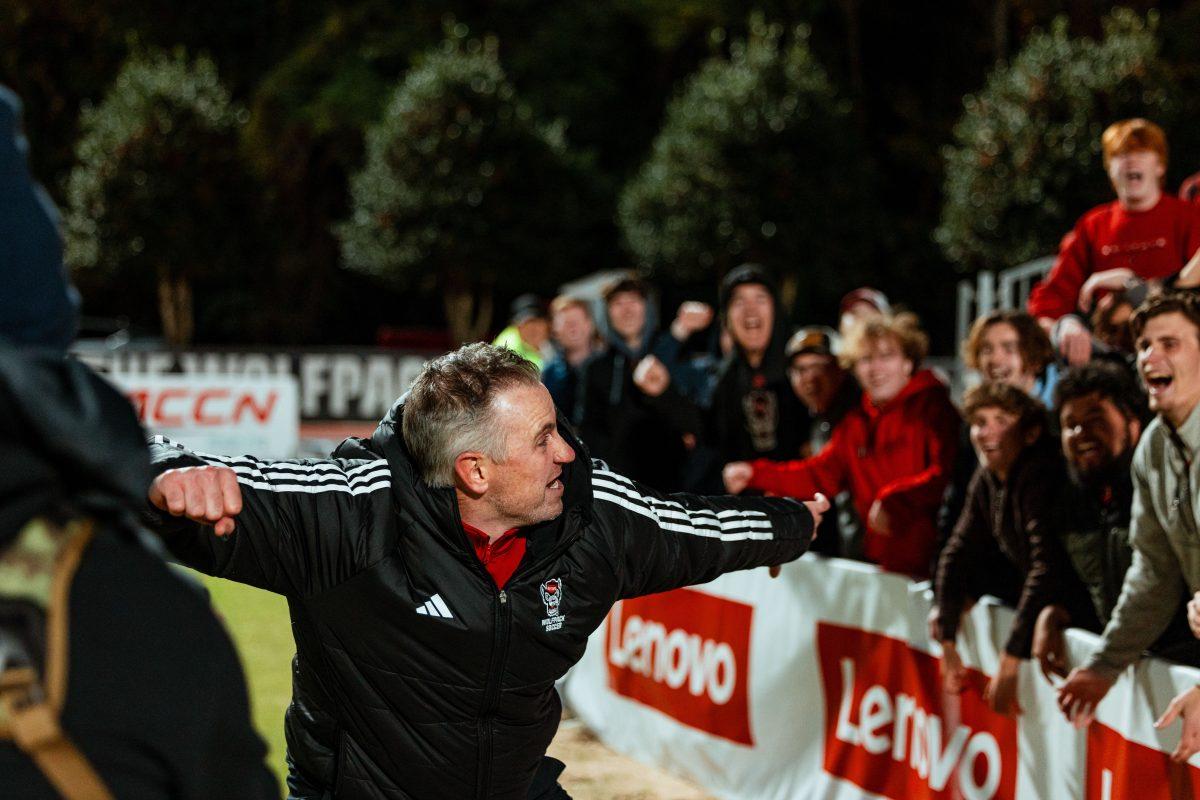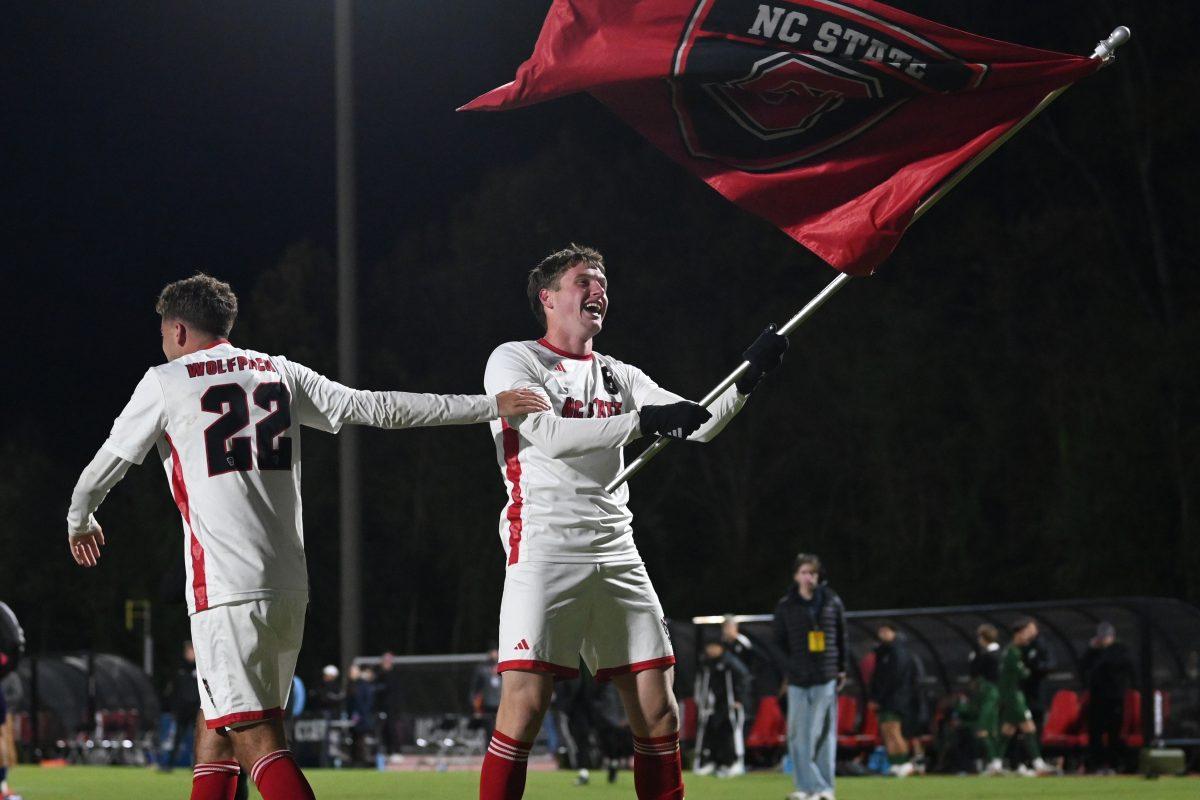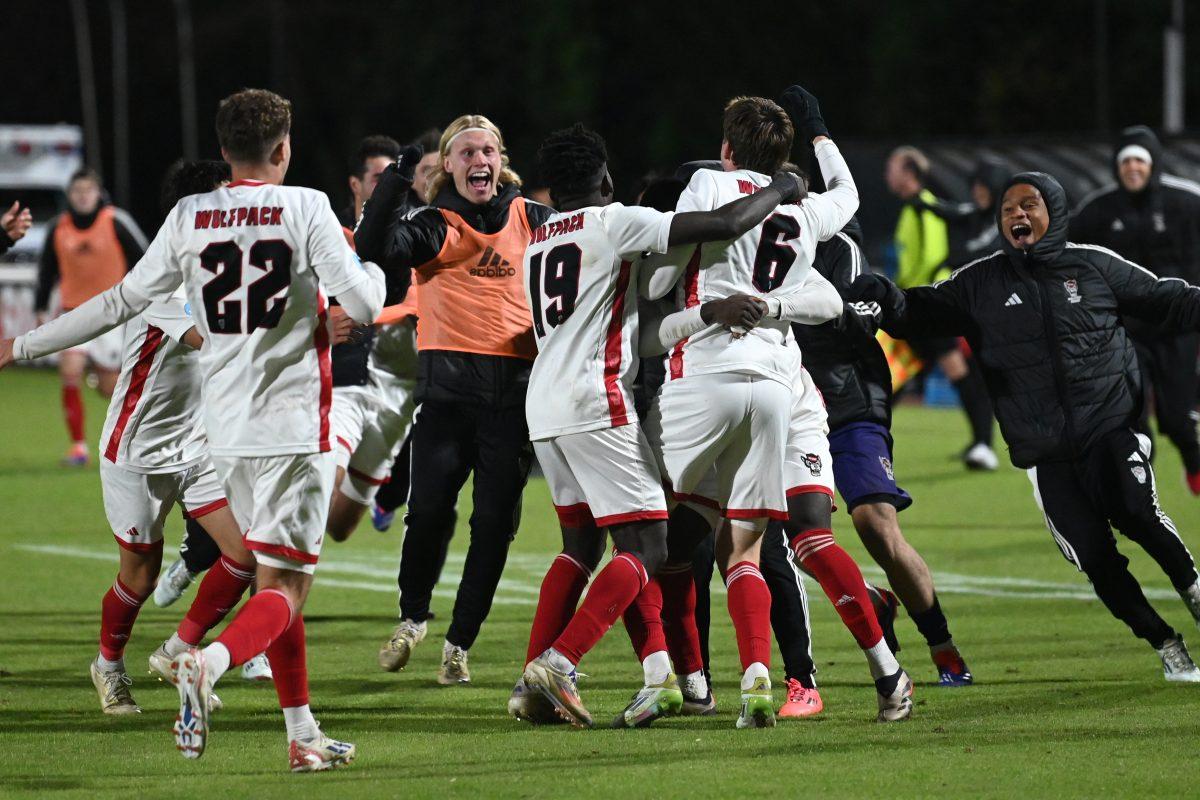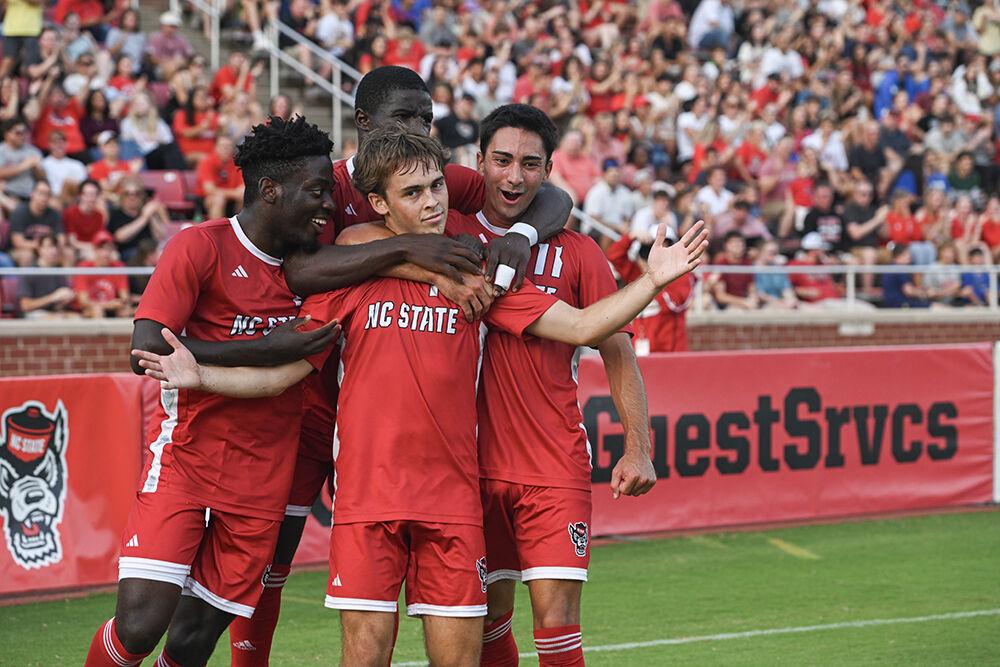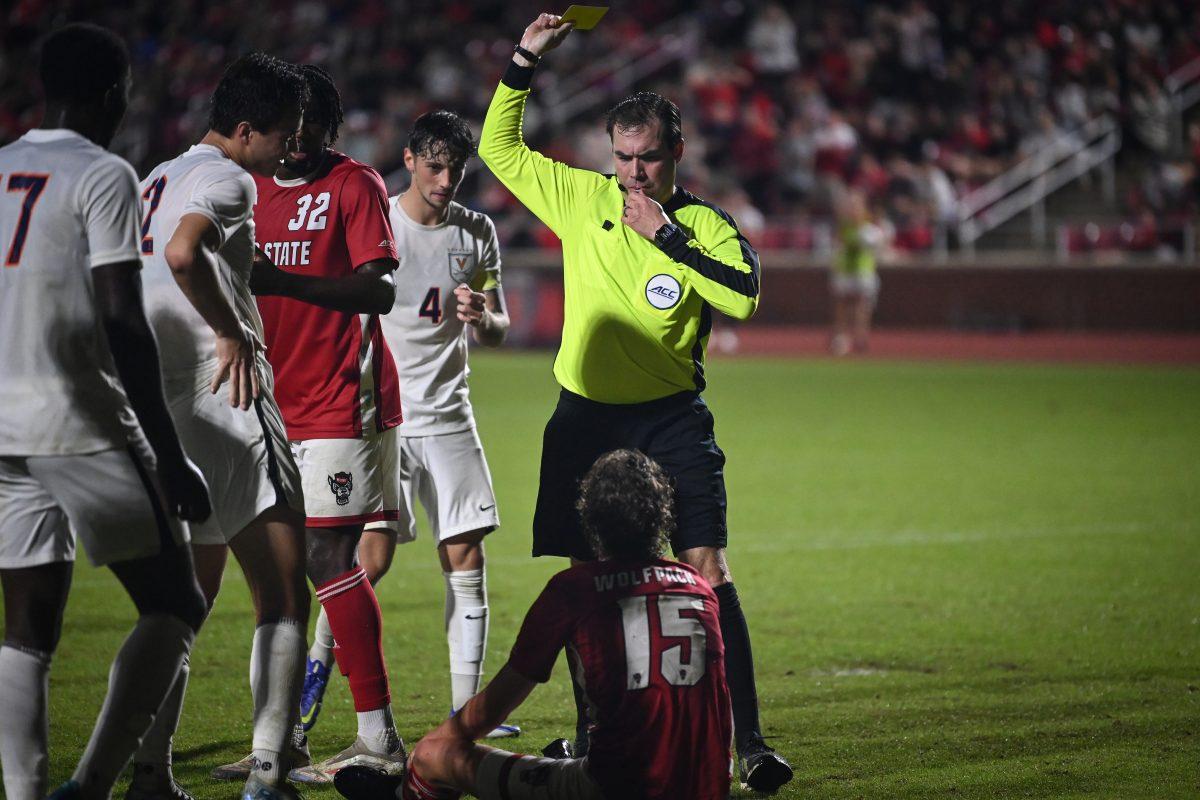NC State men’s athletics has flirted with mediocrity for decades now.
Every year, social media and Raleigh news outlets complain about the “big three” sports on campus — football, men’s basketball and baseball — and how it seems like the Wolfpack always finds a way to disappoint its fans. Every year men’s teams let down the red-and-white faithful. But the women of the Pack do not; women have always been the best on campus.
This article is for a specific audience. It’s not for the thousands of fans that have sold out every women’s basketball home game this season. It’s not for the fans who create welcoming spaces at every women’s match or game. This article is for the users who comment “Who cares?” under women’s athletics pages, and it’s for the people who don’t believe women’s athletics are just as valuable as men’s.
Women’s athletics at NC State started in 1965, when two women joined the rifle team and another woman joined the fencing team. This came only four years after the University became coeducational. It wasn’t until 1973 that NC State Athletics sponsored women-only squads, with women’s basketball being the first women’s varsity team on campus.
With the introduction of Title IX in 1972, NC State women finally got to the same level as the men on campus, and they performed immediately. Football and men’s basketball had been a part of NC State’s culture for a while before women’s basketball came on campus, but since 1974, the ladies of the court have completely blown the two men’s teams out of the water.
NC State women’s basketball didn’t have its first losing season until 1987-88, 14 seasons after the program was created, and since then it has only had five more losing seasons. Since 1973, NC State football has had 15 losing seasons and men’s basketball has had 11.
While the men’s basketball and football teams at NC State aren’t bad, they typically produce mediocre seasons that get more attention than phenomenal women’s seasons. Wolfpack men’s teams have had great seasons — specifically wrestling and swimming — but even those teams have to fight alongside women to gain attention from fans.
The most recent men’s champions come from the swimming and wrestling teams, and baseball brought home an NCAA Super Regional championship in 2021. For the other men’s teams on campus, you have to travel far back in time to see the same level of success. Football’s last meaningful achievement came in 1979 when it won the ACC Championship, and men’s basketball hasn’t had much success since 1988 when it was the ACC regular season champion. Men’s soccer and track haven’t claimed championships since the 1990s, while men’s tennis only has one trophy to its name from 1980.
Since 2018, NC State women have brought home nine ACC Championships, three NCAA Championships, two ACC regular season championships and a NCAA Final Four appearance. As long as women’s athletics have been at NC State, they’ve consistently brought home accolades and trophies through every decade. Volleyball and women’s soccer are the only sports on campus that have not had any major accomplishments since 1988.
Recently, NC State has done a better job promoting women’s athletics, but many fans still seem disinterested. Generations of alumni who went to this school in the early days of women’s athletics are still holding onto the so-called “glory days” of Wolfpack football and men’s basketball and do not feel the need to support the rise of women’s athletics.
The business of sports was invented by men, for men, and has never been fair to women. But over the past year, women’s sports have skyrocketed. In August 2023, Nebraska volleyball hosted a match in its football stadium which drew over 92,000 in-person attendees and 518,000 viewers on television. Iowa guard Caitlin Clark broke the record for the most points in Division 1 Women’s NCAA Basketball and just surpassed Pete Maravich to grab the all-time NCAA scoring record.
It is predicted that “women’s elite sports,” including the NCAA, will produce over $1.28 billion in 2024, which is a 300% increase from 2021.
Even though women’s athletics has produced great athletes and events since they were brought to the NCAA, they still are faced with an uphill battle. We need to stop applauding mediocrity and instead build a culture that promotes winners, no matter what gender they are.


